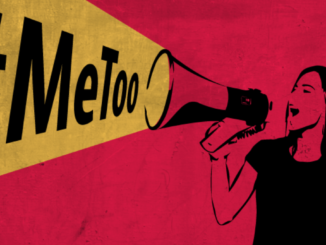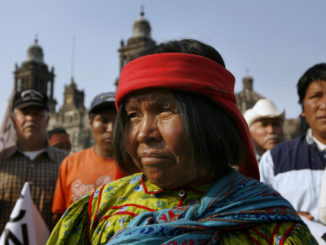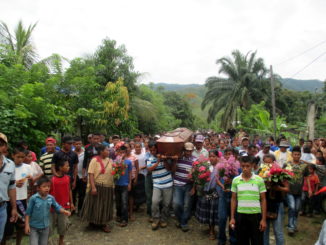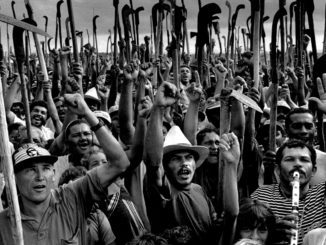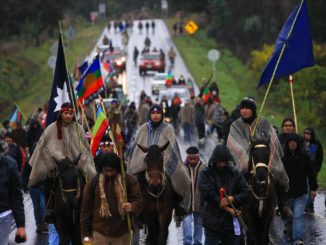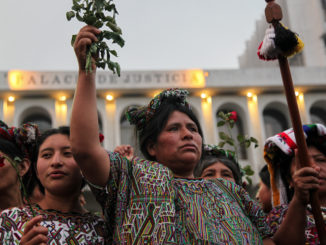
The New Colonization: UN Expert Urges Guatemala to End Structural Racism Against Indigenous People
“In the end, the [mining] company is a new form of colonization and exclusion,” Sister Maudilia López Cardona, who works with the Catholic parish in her western Guatemalan community, told Toward Freedom. “The system has worked to erase the historical memory of our people and teach us not to think,” she continued. “These thoughts, these ideas, these preconceptions have soaked into our people’s bones … We have to work to return our hearts to their place.”

